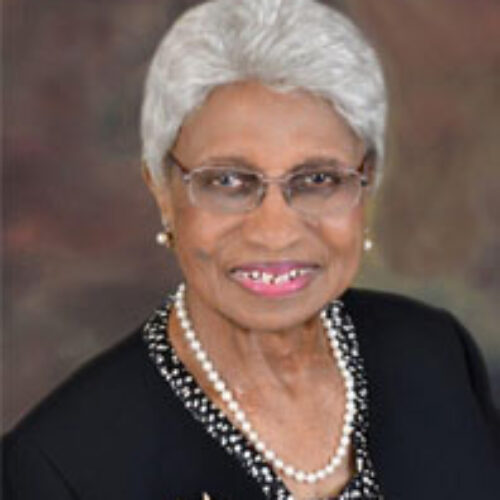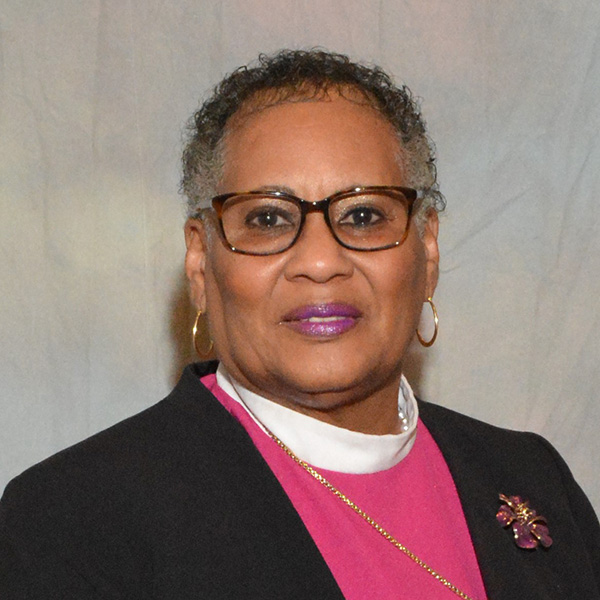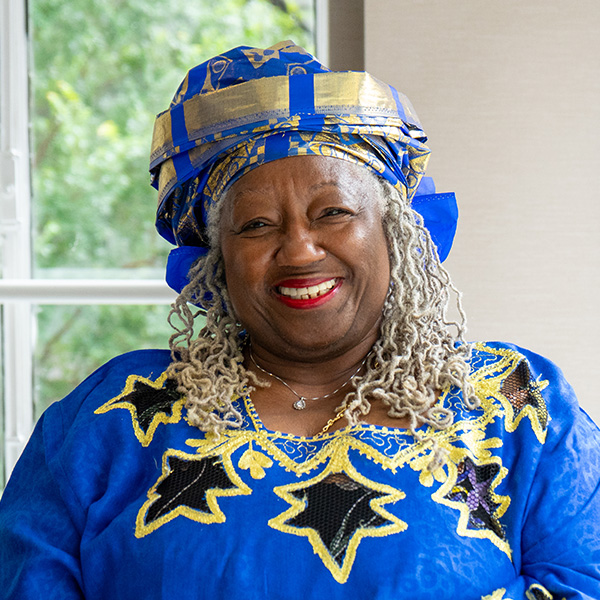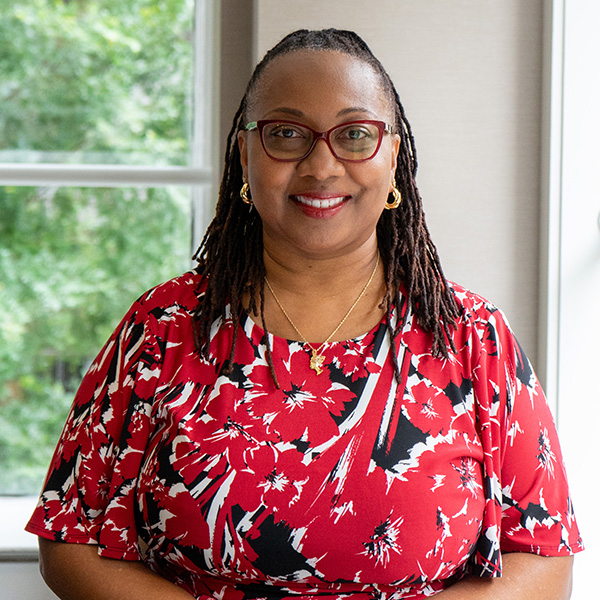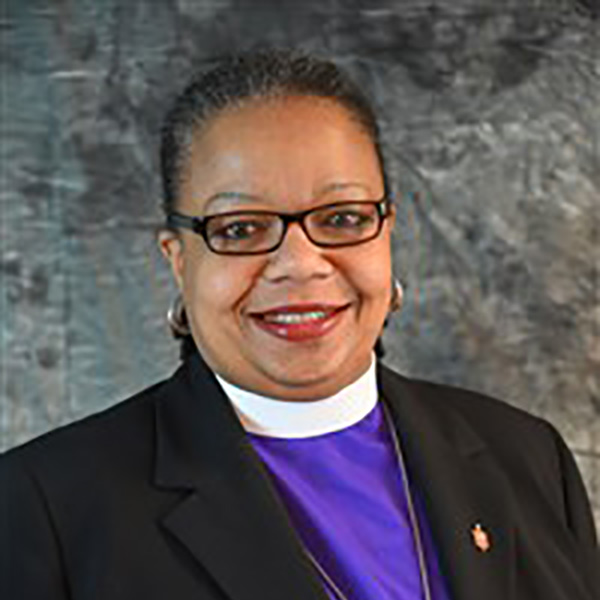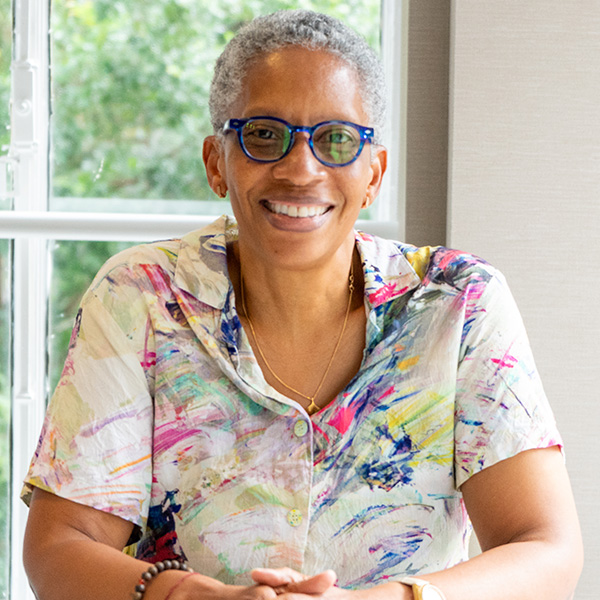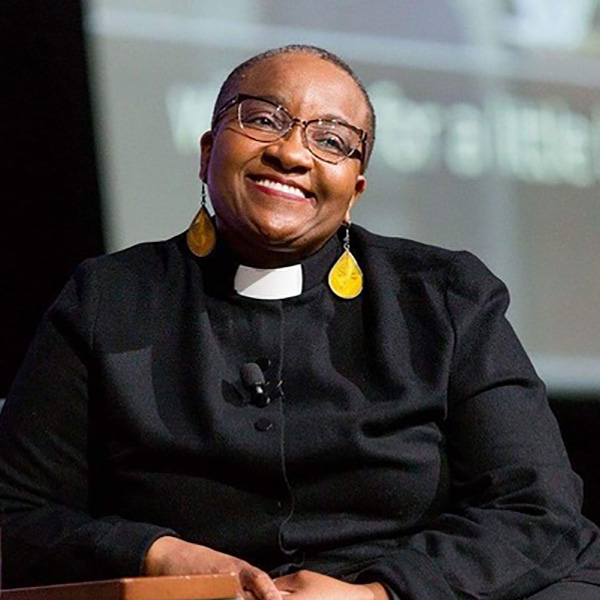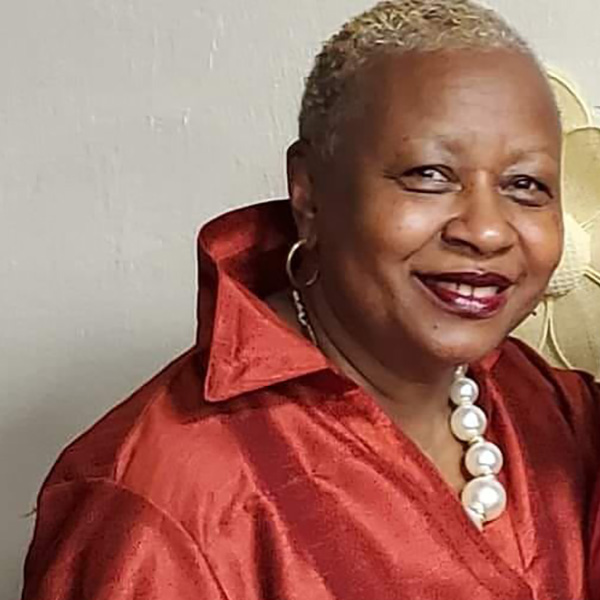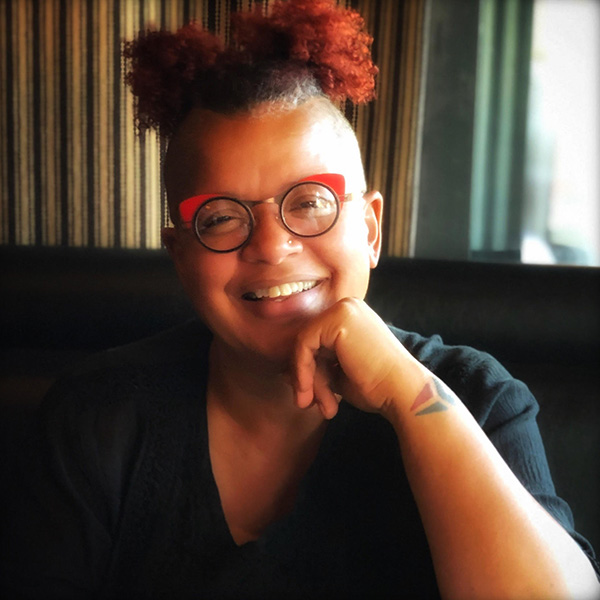Biography
Early Life
Jamye Coleman Williams was the first Black woman elected to the African Methodist Episcopal (A.M.E.) Church general board.
She was born on December 15, 1918, in Louisville, Kentucky. Her parents were Jamye Harris and Frederick Douglass Coleman. Her father’s position as an A.M.E. preacher and her mother’s involvement in the church greatly influenced William’s worldview.
After graduating high school, she fulfilled her childhood dream of attending Wilberforce University. She majored in English and graduated with a Bachelor’s degree and Master’s degree from Fisk University in 1938 and 1939.
Later in life, she earned her Ph.D. in Speech Communication from Ohio State University.
Religious Influence
Her life-long commitment to the denomination and faith community was expressed in her early career. In the 1940s, she worked as a professor at A.M.E.-supported institutions. This included Edward Waters College, Shorter College, Morris Brown College, and Wilberforce University.
When she returned to Wilberforce University, she met McDonald Williams, who she married in 1943. By the 1950s, the couple settled in Nashville, working as professors at Tennessee State University.
Her faith guided her activism during the civil rights movement. She worked with students and community leaders to organize protests and demonstrations like restaurant sit-ins. Her activism extended to the Church. She strove to disrupt the all-male leadership of the A.M.E. General council.
Women’s Rights Activism
In the 1980s, she was elected the first woman editor of the A.M.E. Church Review. Her eight-year administration opened doors for other women leaders, including the most prestigious position of Bishop.
Having women in the highest level of leadership was important to Williams. She told one reporter, “We feel that we women are the backbone of the church.” In 2000, she helped elect Vashti Murphy McKenzie, who was the first woman Bishop of the denomination. Williams advocated that the church’s traditions be updated to reflect their contemporary parishioners.
She recalled in an oral history interview, “every time I had an opportunity to make a speech–I made a speech called ‘It’s Time,’ which was printed in the A.M.E. Review, and the whole thing set out the fact that every other major denomination had elected a woman to the bishopric except these three black Methodist groups.”
William’s progressive views blazed a trail for women religious leaders. In an editorial, she wrote “the Church must realize that we live in a changing world…Not only in the church but also in our society we hear complaints about the disparity between what we preach and what we practice. We must remember that actions speak louder than words.”
In her later years, Williams maintained her involvement with the A.M.E. church and worked with other organizations like Delta Sigma Theta Sorority and The Links to serve her local community. Williams died in January 2022 at 101 years old.
Jamye Coleman Williams’ legacy continues to empower women leaders in the A.M.E. Church and beyond.
